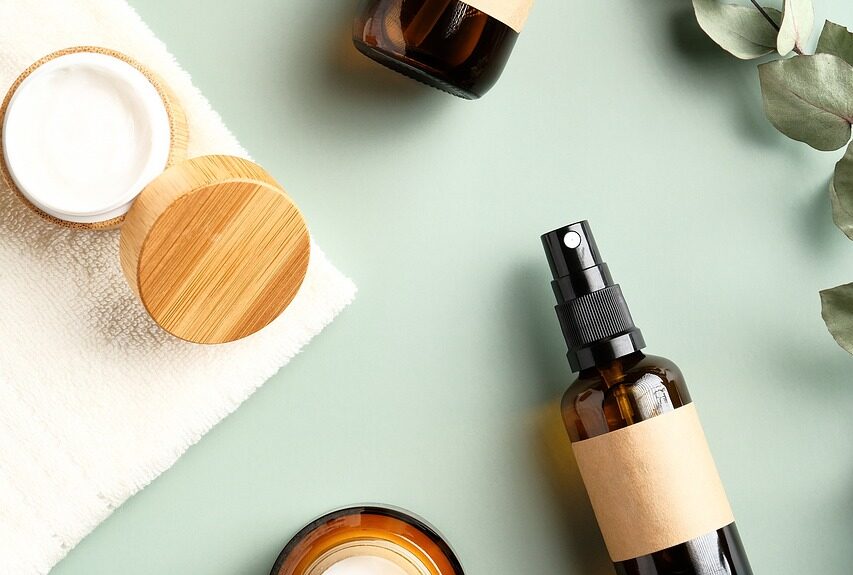There are many complicated elements behind how we got to the point where we generate obscene amounts of trash. One of these is the rise of the beauty and personal care business. Having been in the beauty industry for a few years, I know how many elements are required to build just one tiny bottle. The beauty industry has small product sizes, planned obsolescence of products, unsustainable sourcing practices, and often excessive packaging and wrapping.
Used and unused skincare and makeup containers fill bathroom cabinets across the country. This collection contributes to the 6,500 pounds of waste you and your family generate annually, much of which will eventually end up in a landfill.
While not exclusive to the cosmetic industry, the increased production and consumption have given rise to various environmental concerns such as waste, plastic pollution, and microplastics. This creates a dual challenge for consumers. How do we buy the products that have mainly made us cleaner, safer, and happier while minimizing environmental impact?
Fortunately, over the last decade, there’s been a growing movement around zero-waste beauty and personal products, from packaging to formulations. Consumer trends are shifting, and sustainability, waste, and pollution are increasingly important topics influencing purchasing choices. Companies are realizing that becoming more aware of and having more control over the amount of garbage they create is a great business decision.
This creates a mechanism to build customer brand loyalty and reputation that differentiates brands from less environmentally conscious competitors. People are simply willing to support businesses that share their value systems and life missions.
>>>READ: How the Private Sector Can Protect American Wetlands
A crop of indie brands, specifically pioneering zero-waste beauty and personal care, are the leaders of this new movement. These companies merge gorgeous aesthetics and innovative product design with sustainability. They began their businesses with this mission in mind – and didn’t just create it as part of a new marketing strategy.
Brands include Axiology Beauty, which uses recyclable or biodegradable packaging, with products like plastic-free pencils for eyes, lips, and cheeks.
Davids Toothpaste is another excellent example of brilliant conscious capitalism. It is currently impossible to recycle plastic toothpaste tubes, and many of your toothpaste’s ingredients come from other countries (even in brands that promote being USA-made). Founder Eric David Buss used natural ingredients sourced in the U.S.A. in a tube that isn’t plastic and is fully recyclable.
Meow Meow Tweet is a low-waste skincare brand that’s 90% recyclable. Its body soaps come in adorable cardboard boxes, and its deodorant stick is fully compostable. Compare that to a typical deodorant stick in a plastic roll-on or twist-up stick.
>>>READ: Tiffany & Co. Launches Ocean Conservation Initiative
Additionally, there’s a trend in a “refill” shop where customers can purchase beauty and personal care products in bulk and use or buy their reusable containers, nearly eliminating the need for single-use packaging. You simply show up to the store with your bottles and pay for the refills. It’s sustainable, cost-efficient, and very convenient for the customer. Thousands of stores have launched, including The Refill Shoppe in Ventura County, CA. You may even be able to find one of these types of boutique shops in your city.
These conscious capitalist brands offer a glimpse into the future because, in just a few decades (or less), brands will likely have no choice but to adopt more sustainable packaging practices. This shift will be driven by a majority of consumers demanding environmentally friendly options that also prioritize the well-being of their families. Consumer-driven, private-sector solutions will lead the way.
The views and opinions expressed are those of the author’s and do not necessarily reflect the official policy or position of C3.
